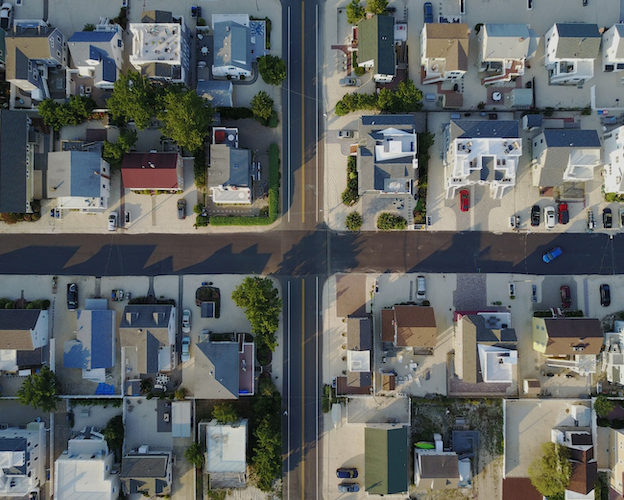In particular we focus on getting the loan structure right the first time, choosing which lenders to use in the right order (yes this is important) and finally getting our clients the best deal possible.
Mortgage
A mortgage is a type of loan used to purchase real estate, such as a house, apartment or land. The borrower receives an amount of money from the lender to buy the property and agrees to pay it back with interest over a specified period of time.
Mortgages can very in terms of there interest rates, products and repayment terms, these factors all depend on the borrower’s financial situation which determines there borrowing capacity.
The amount you borrow with your mortgage is known as the principal. Each month, part of your monthly payment will go toward paying off that principal, or mortgage balance, and part will go toward interest on the loan. Interest is what the lender charges you for lending you money.
Learn MoreOn most home mortgages, the interest payment is calculated monthly. Hence,Your bank will take the outstanding loan amount at the end of each month and multiply it by the interest rate that applies to your loan, then divide that amount by 12.
Learn More






























